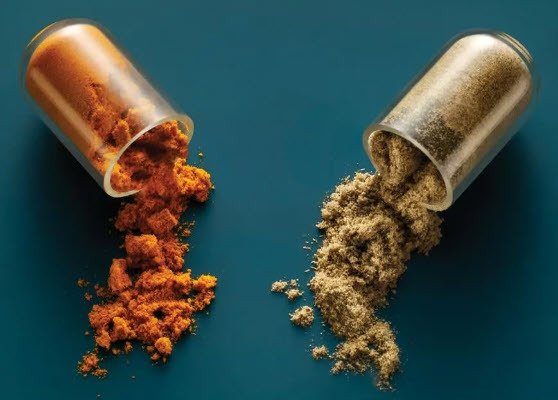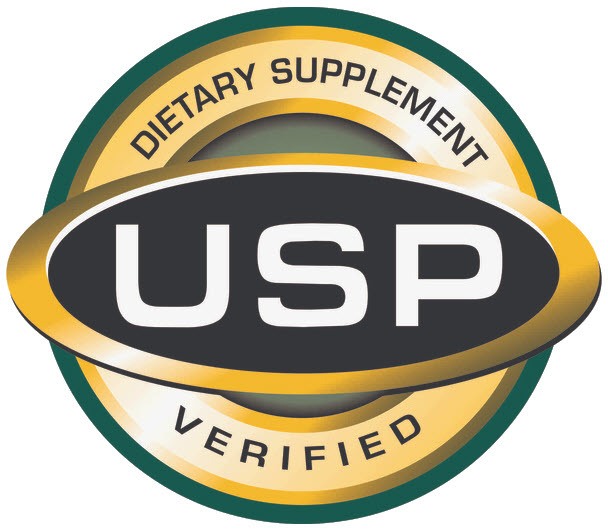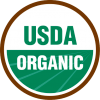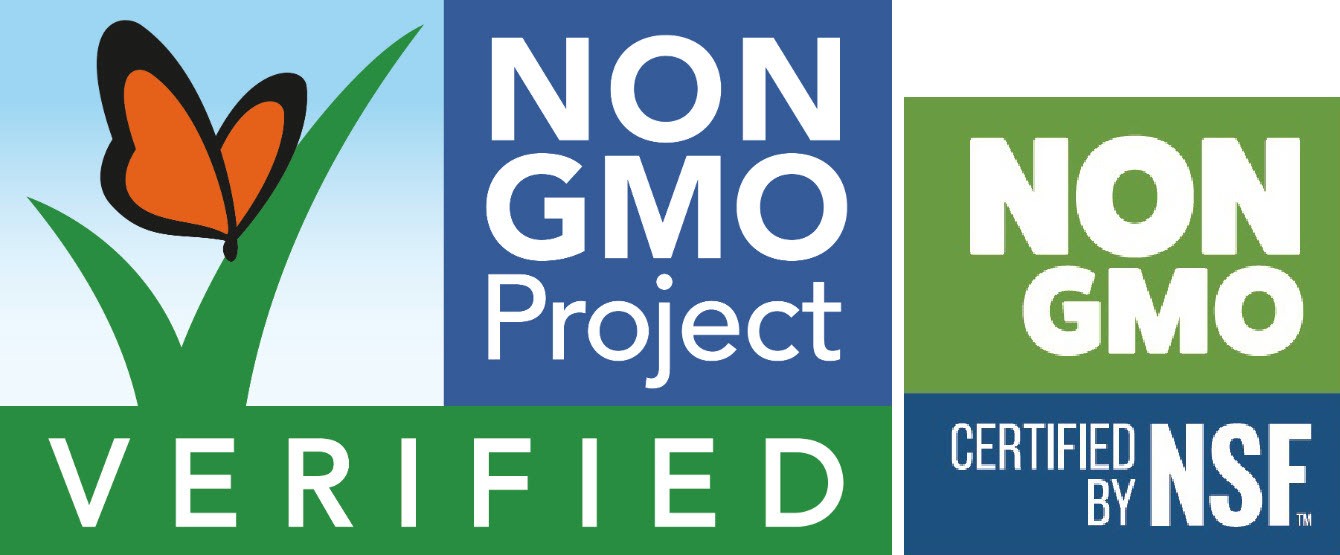- You are here:
- Home »
- Blog »
- Natural Nutrition »
- Four Tips to Help You Make Sure That Your Supplements Are Safe
Four Tips to Help You Make Sure That Your Supplements Are Safe

An awful lot of people take supplements. In fact, supplement sales in the U.S. reached $52 billion in 2019 and are projected to continue to rise. Sales of supplements in the U.S. have nearly doubled in a decade from the $27 billion rates in 2009.
Globally, supplement sales reached over $108 billion in 2019 and are expected to continue to rise as well.
There are good reasons to supplement your diet with nutrients and substitutes for conventional medicine whose costs have skyrocketed to over $360 billion in 2019 while producing unwanted side effects.
Our soils have been depleted with synthetic chemical farming methods that do not replace micronutrients while killing soil microbes that help convert inorganic minerals into organic ones for plant uptake.
Additionally, our diets have been compromised through excessive processing, packaging, and preservatives further depleting what little nutrition was in the food to begin with.
Recently, a Consumer Reports (CR) survey of 2,006 nationally represented adults concluded that 68% of Americans take supplements at least once a week. Clearly, people are turning to supplementation as a solution to their faltering energy levels and health.
So, it is important to make sure that your supplement not only works but does not add to your health issues either by being both effective and safe.
This post will look at the safety aspect of your supplements while also considering ways to gauge the quality as well.
Prevention is Better Than Cure.
Desiderius Erasmus
Safety Testing
A recent study estimated that supplements are responsible for 23,000 emergency room visits annually which
According to the same CR referred to above, 71% of the adults surveyed believe that their supplements are safe. An additional 48% believe the FDA tests them.
While this is less than 5% of the total visits reported for pharmaceutical products. The difference is that dietary supplements are marketed under the presumption of safety.
The actuality is that the FDA does not test supplements, and they may not be as safe as we assume.
The most commonly noted supplement related symptoms were related to weight loss and energy products and involved cardiac-related such as palpitations, chest pain, and tachycardia (irregular heartbeat).
Other reported issues were swallowing problems (choking) were associated with older adults or children. Abdominal symptoms, such as nausea, vomiting, and abdominal pain, were also reported.
While the study conducted by M.D.’s and pharmacists failed to mention the significantly higher ER visits due to adverse effects of meds (1.3 million ER visits per year). However, this is still something that should register concern for supplement users.
Since many people do experience benefits from supplementation if used wisely, it would pay to look at some red flags that may cause issues and what you can do to address the problem.
Potential Issues
Heavy Metals
Research by the National Institute of Health found turmeric from India and Bangladesh adulterated with lead oxide. Most of the turmeric sold in the U.S. is imported from the nations mentioned above. The lead chromate was added to produce vibrant yellow color and enhance its weight as well.
A 2014 study by Harvard University reported lead concentrations of up to 483 ppm (parts per million) where the allowable level is 2.5 ppm in turmeric.
Turmeric (specifically the curcumin found in turmeric) is not only a useful supplement taken to enhance brain function, but it also lowers the risk of brain diseases.
It is also known to reduce chronic inflammation, which science believes plays a significant role in chronic diseases like heart disease, cancer, arthritis, Alzheimer’s, and a variety of other degenerative conditions.
Turmeric also shows some promise in treating depression and may help delay aging and fight age-related chronic diseases.
Thus, it would be essential to ensure that your turmeric is free and clear of heavy metals. One source I know of that tests for heavy metals and pesticide residues is here.

Bacteria
Consumer Reports found higher levels of bacteria in a few products in a study done on turmeric and echinacea. They didn’t find E. coli or salmonella but rather levels that “significantly exceeded the USP standards for aerobic bacteria.”
Higher levels of aerobic bacteria can indicate that the products were manufactured or processed in unsanitary conditions. This problem can be addressed by paying attention to quality, certification, and source which will be covered in the suggestions below.
What You Can Do
Select the Best Quality
If you can find a supplement that has adequately tested free of or is tolerably low in heavy metals and pesticides, choose that supplement over one that has not been verified.
If you find no supplements of a class that have undergone testing, select the highest quality available. As noted in previous posts, quality in natural and organic scales, highest to lowest, as follows:
- Wild Grown
- Certified Organic
- Locally harvested, natural ingredients
- Natural
Check Out the Supplement Certifications
USP Verification Services
USP provides a supplement testing service to manufacturers, which is costly but effective. Costs vary from $3,000 to $15,000 per product, plus an initial audit fee of $15,000 and a label fee of 1 cent per bottle.
The tested products are provided by the manufacturer. They are spot-checked 1 to 6 times annually, using samples purchased in the store.
The testing criterion used are:
- The product contains the ingredients listed on the label, in the declared strength and amounts.
- Does not contain harmful levels of specified contaminants, which include certain heavy metals such as lead and mercury.
- Is made according to FDA and USP Good Manufacturing Practices, using sanitary and well-controlled processes.
- Will break down and dissolve within a specified amount of time so the active ingredients can be released and absorbed by the body.
Most products tested are with well funded, higher volume manufacturers and products like specific vitamins, multi-vitamins, a few minerals, and fashionable products like CoQ10, fish oil, glucosamine, a few brands of melatonin, and turmeric/curcumin.
A product listing of currently tested supplements is on this page
Cost is a prohibitive factor here limiting the product testing, but the verification is one to look for if you wish to ensure safety.
NSF International Certification
NSF was founded in the U.S. in 1944 as the National Sanitation Foundation to ensure food safety and standardize sanitation. Today, headquartered in Ann Arbor, MI, they offer services in 170 countries.
Testing is developed and includes five steps for the dietary supplements certification:
- Application Testing – formulation, ingredient suppliers, manufacturing facilities, label
- Toxicology review – ingredient review, formulation review
- Facility inspection – GMP audits, in-house observations, sourcing traceability and procedures, ingredient supplier audits
- Annual lab testing and analysis – microbiological, heavy metals, pesticides/herbicides, label content verification
- Product certification/listing – marketplace sampling, monitoring of formulation and ingredient supplier changes
Products are provided by the manufacturer, tested once per year, and spot tested in the store. The cost is again on the higher side for the manufacturer but less than USP. Testing runs $3,000 – $5,000 per product plus an audit fee of $13,000.
NSF also has a branch which certifies products as organic called Quality Assurance International (QAI).
Organic Certifications
QAI includes the USDA Organic label as well as the Mexico, Canada, and EU marks. The NSF/ANSI 305 mark is used on organic personal care products with a minimum content of 70% organic.
Organic certification includes an on-site inspection to confirm that the practices of the business seeking organic certification has methods that are consistent with organic regulations.
After a technical review of the inspection report and correction of any inconsistencies, if found, the business receives a certificate. They are then able to sell in the organic market with a valid certification of quality.
Also available from QAI are and Non-GMO certificates, which is essential if you are seeking cleaner, whole-food ingredient supplements.
Amazon – Not Always the Prime Choice
As noted in a previous post, Amazon was outed by the Wall Street Journal for marketing “dumpster dived” products as new. You can review that post and the video on that page for more details.
More recently, Natural News discovered that Amazon was selling long-expired superfoods (specifically grape fiber powder) as “new” in 2020. The packet in question had a “Best By 08/08/18” embossed stamp, but the product purchased on 1/4/20, which means it had expired 18 months previously.
The point being to use care when purchasing from Amazon, particularly with supplements offered at a significant discount from the standard retail price. You may be getting a dumpster-derived or long-expired product.
4 Tips to Use When Purchasing Supplements
- When purchasing any supplement, establish that it has worked for others. You don’t want to waste your money on a whim or hype. Look for reviews or user experiences to help your choice.
- Establish quality by carefully looking at the ingredients list. Always select the higher and more natural quality above synthetic versions, which are more likely to contain heavy metals, pesticides, and other unwanted – potentially harmful – fillers or colorants.
- Look for the certifications noted above. If you see others, research them to determine their validity through online research. While certifications are not the only factor, they lend credibility to the end-product if they are from reputable sources.
- When purchasing herbally-based products, look for standardized versions if available. While “standardized” does not guarantee the quality, it does ensure consistency of amount and herbal potency.
I trust this post will be useful in your search and purchase of supplements. If you have any questions, use the suggestions above and do your homework.
That is an integral part of the process of learning to take care of your health rather than passing responsibility off to a “professional” when you can handle it yourself.
Related Posts
Is Holistic Oral Care a Forgotten Part of Your Natural Health Treatment Plan?
Protein – Which Is Better for Your Health – Animal or Vegetable?
Free Survival Nutrition Course – 8 Hours Plus PDF
5 Reasons to Cut Back on Animal Foods
Wall Street Journal Investigation Finds Dumpster Trash Food and Supplements Being Sold as New
Think Junk Food Can’t Lead to Health Issues? UK: Teenager Goes Blind After a Limited Diet of French Fries, Pringles, White Bread, Ham and Sausage
Time to Break Your Sugar Habit?
Bayer May Be Regretting Its Purchase of Monsanto As Glyphosate Cases Line Up





